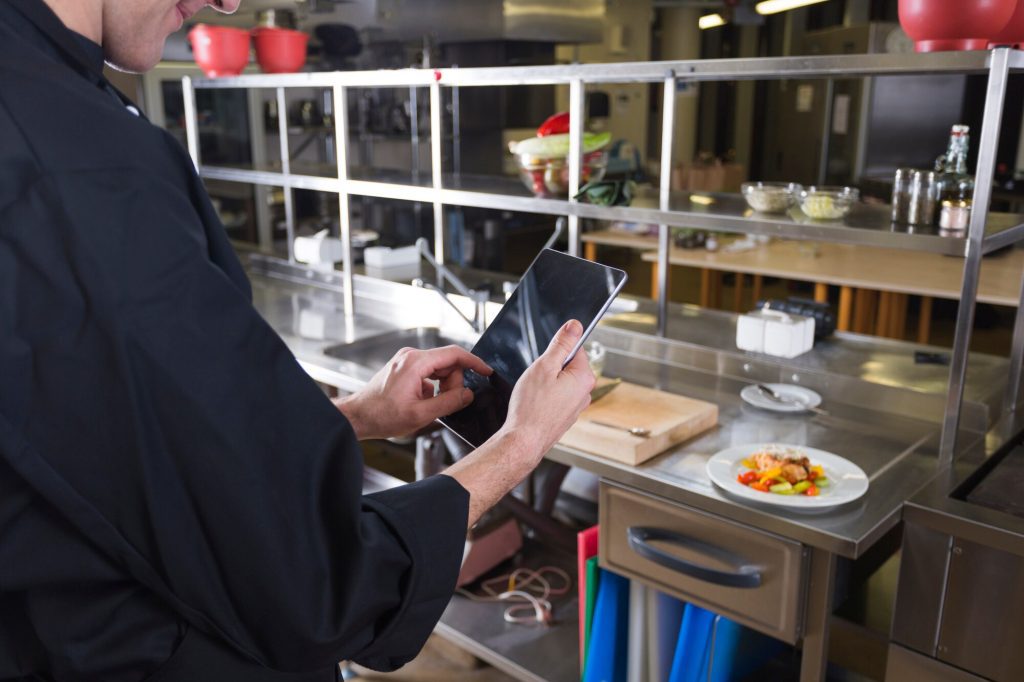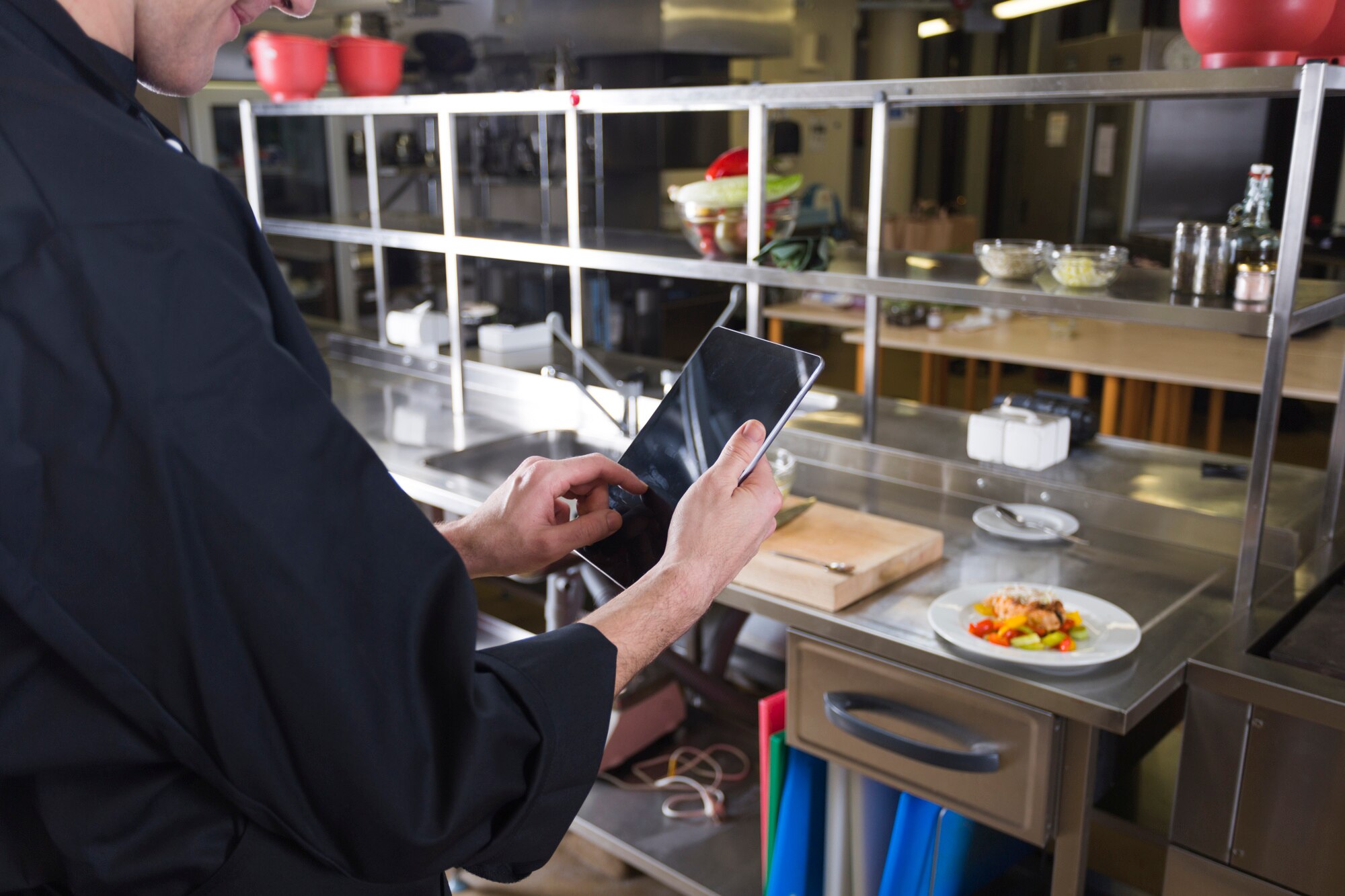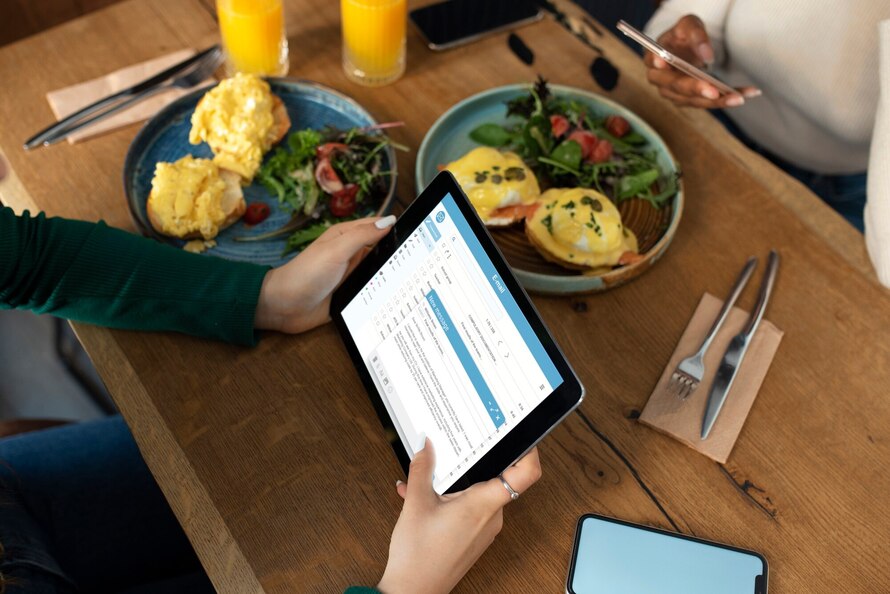
Sep 20, 2024
The Best Restaurant CRM Systems: Enhance Customer Loyalty
In the busy restaurant world, every dish tells a story. Customers seek an experience. So, building lasting relationships is vital. Enter the restaurant CRM framework. It’s a tool to transform how you connect with your patrons. Imagine predicting their likes, improving operations, and driving loyalty, all in one place. As diners become more discerning, using technology is a must. Whether you run a cozy café or a high-end restaurant, knowing your customers can set you apart from the competition.

What is a Restaurant CRM System and Why Do I Need One?
A restaurant CRM, or Customer Relationship Management tool, helps you manage guest interactions. It captures vital customer data—preferences, past orders, and feedback—in one place. Why do you need this technology? With a CRM system, every interaction becomes an opportunity for personalization and engagement. You can tailor marketing campaigns based on individual dining habits.
It also improves communication across channels, such as social media and email. This results in more efficient service and happier customers. In a world of endless dining options, real relationships are key. A CRM helps you build loyalty by remembering birthdays and sending special, custom offers to each guest.
Understanding Customer Relationship Management in the Restaurant Industry
CRM in the restaurant industry is about connecting with diners—not just taking orders. It’s about knowing patrons’ preferences and behaviors. A top CRM system captures valuable customer data: past visits, favorite dishes, and feedback. This insight allows restaurants to tailor experiences that resonate personally with each guest.
- Effective CRM fosters engagement through individualized communication.
- It lets restaurants send targeted promos for special occasions, like birthdays.
- By nurturing these relationships, businesses can build a loyal, valued customer base.
Happy customers are more likely to return and recommend your restaurant to others. Implementing CRM strategy helps restaurants stand out in a competitive market. It’s not just about serving food—it’s about creating memorable dining experiences that keep patrons coming back for more.
How a CRM System Can Boost Your Restaurant’s Success
A CRM system transforms the way restaurants engage with customers. By centralizing data, it helps you understand your patrons better. Insights on dining preferences and visit frequency empower chefs to craft individualized menus that resonate with guests.
Effective communication is key. A CRM allows for targeted messaging via email or SMS and can tailor promotions to each person's tastes. Track customer feedback effortlessly. Knowing what guests love—or don't—allows for quick adjustments to the service and menu, ensuring high satisfaction.
Key Features of an Effective Restaurant CRM
An effective restaurant CRM should prioritize user-friendliness so staff can adapt quickly. Look for systems that gather preferences, dining habits, and visit history. Automated communication features send individualized emails or texts for reservations or promotions, keeping customers engaged without extra effort. Data analytics offer deeper understanding of behavior trends to improve menus, timing, and marketing.

What Are the Top Benefits of Using a Restaurant CRM Software?
Implementing a restaurant CRM centralizes client data to learn about dining preferences and habits, enabling campaigns that resonate and convert. It also improves team communication and coordination so everyone is aligned on guest interactions.
Tracking customer feedback becomes effortless, allowing quick adjustments based on real‑time reviews. By responding promptly to concerns, you build trust and loyalty among patrons. Automation frees staff time to focus on exceptional service—boosting efficiency, morale, and the guest experience.
